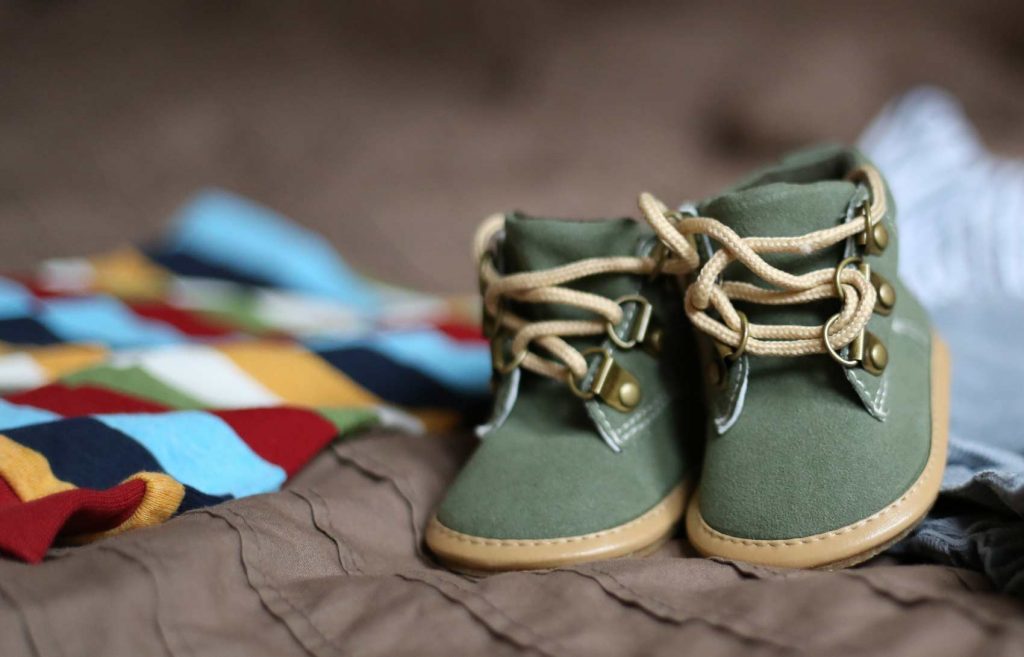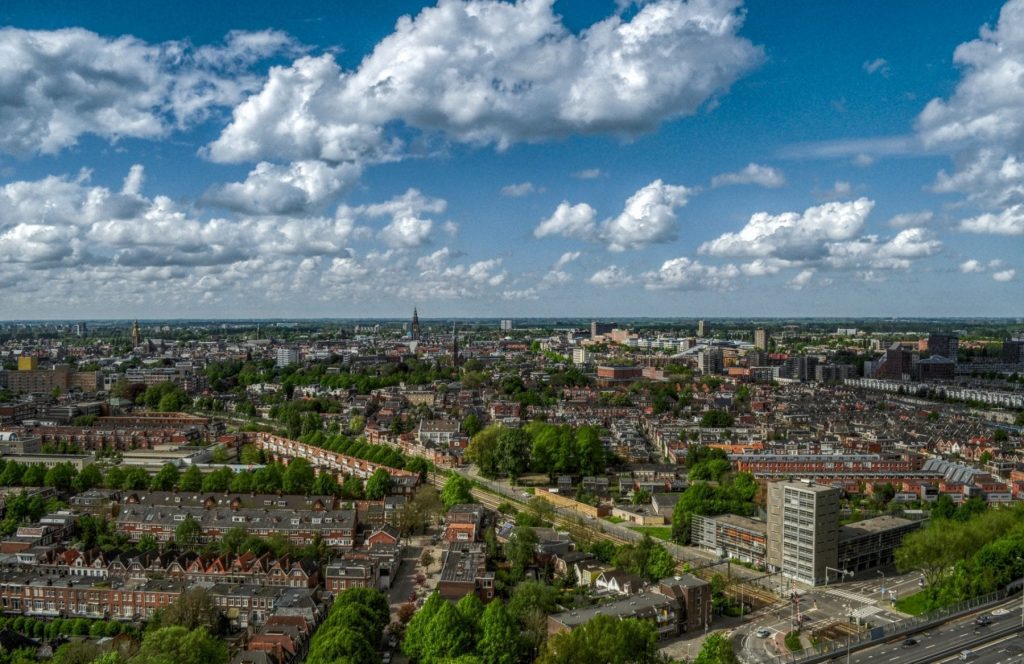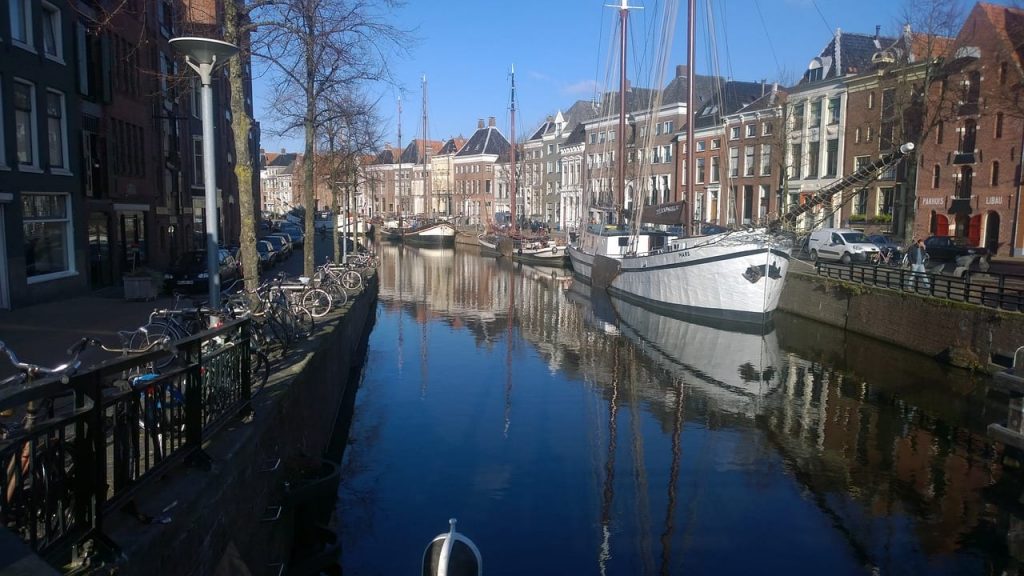It’s nearly impossible to describe the feelings that overwhelm you when you find out you’re pregnant. But for sure a form of insecurity sets in. Questions such as ‘where should I get prenatal care?’ ‘How will I get through labour?’ ‘Is it normal to feel this nauseous yet crave a milkshake at the same time?’ are not uncommon. I can only imagine what it would feel like to find out you are pregnant while living in a foreign country. My name is Romalita, I am 29 years old, and a proud mother of an almost two year old daughter. Currently, I am five months pregnant with my second one. I was born and raised in Amsterdam, our capital city. Through this blog, I will try to offer you some guidance on pregnancy and childbirth in the Netherlands. Please note I am not a medical expert and can merely share my personal experiences.
From midwife to hospital, the Dutch Way
Pregnancy and childbirth in the Netherlands may vary from what is common in your home country. We Dutchies consider pregnancy to be a very natural process. This influences the medical care we receive during pregnancy.
Pregnant women in the Netherlands seek medical care in the capable hands of midwives (verloskundige). Unless there is a medical history. In this case, a gynaecologist will provide the medical care and child birth assistance. However, most women in the Netherlands remain under the care of a midwife throughout their pregnancy and during childbirth. After you discover you are with child, it is advised to contact your GP first. Your GP can help you locate a midwife in your area and provide you with important do’s and dont’s. If you would rather go straight to a gynaecologist instead of a midwife, you must first get a referral from your GP. But as mentioned, normally, a referral is not given unless special medical care is required.
During a check-up, your midwife will listen to the baby’s heart and will measure the growth of your belly. Ultrasounds are scheduled outside of the midwife practice and are conducted by a specialized sonographer. Over the course of your pregnancy, you will visit your midwife more frequently. At the end of your pregnancy even on a weekly basis.
The midwife will advise you on prenatal care and provide you with information on labour. In the Netherlands home births are common, about 55% of births take place in the home. But of course, you are free to indicate you wish to deliver your baby at the hospital. Also, your midwife will discuss a so-called birth plan. This plan includes all wishes from the mother on how she would like things to be handled during the process of labour. Feel free to discuss the options and possibilities with your midwife.
Maternity leave
Pregnancy leave starts six to four weeks before the expected date of birth. This is the moment to sit back, enjoy the last moments of your baby bump and wait for your baby’s big jump. If you choose to start your pregnancy leave 6 weeks before the baby is due, you have a total of 10 weeks of maternity leave. If you start your leave 4 weeks before the baby is due, you have a total of 12 weeks of maternity leave. The choice is yours!
Childbirth
When labour starts you will either know it by heart or, like me, you will feel as if you ate something bad and are about to get sick. The first step to take when you start to feel cramps is to call your midwife straight away. She will check whether your labour has started and take it from there. Although giving birth is a painful experience, in my opinion it is the biggest occurrence in a woman’s life. It might be scary to deliver your baby in a foreign country, but rest assured that medical care in the Netherlands is commonly good. And in the end, no matter where you are and no matter the pain, holding your new born in your arms for the first time is the most unique feeling in the world!
At Anywr Netherlands we can provide assistance with family related matters, such as child benefit application, child care applications, school application, etc. Please contact us if you require assistance.


